
Ailsa Graham is 20 years old and from Nottingham. Two years ago she was diagnosed with Asperger Syndrome. In this article Ailsa talks about her autism and how climbing has helped her overcome certain aspects of the condition.
So what exactly does climbing have to do with aspergers? Well for me rather a lot, but before I get too far into this I’d like to say a few things: firstly, everyone with Asperger's is different (you know, like the way all climbs are different, except speed climbs... I’ll shut up now); secondly, I have been officially diagnosed and I class myself as a person on the autistic spectrum and I’m not male (women can have autism too, I know this is obvious but women on the spectrum don't get enough representation in the media!) So all that aside, what has climbing to do with Asperger's?
I started climbing when I was 9 - at that point I was a friendless, socially awkward, fearful, untrusting, scared little girl. I didn’t know how to make friends, how to talk to people or anything like that. I kept to myself at school and had an overwhelming sense that I was ‘different’ but no real reason why. I wanted to belong somewhere, feel safe, be myself without being ridiculed for it and to be honest I truly felt that dream was impossible, until I met climbing...
Climbing and the people of the sport taught me more about life and how to interact with it than anything else I’ve ever encountered. It helped to bring me from a constantly unhappy, distrusting little girl to the woman I am today. I don’t think I would have achieved half of what I have if it weren't for climbing and climbers. The key in terms of controlling and in turn embracing my aspergers was the fact I was accepted into a community of people who genuinely cared and had the same interests as I did. I found friends, learned to have real conversations, remembered how to laugh and smile and was gently educated in the social skills I was lacking. I no longer always wanted to be alone, I looked forward to seeing my friends and making new ones, things I never thought I would want to do.
My confidence slowly grew and while my time at school being bullied and picked on for being ‘a freak’ had sunk me so low, climbing helped me back up again. Obviously there is more to climbing than the people - I loved the feeling of the intense focus when trying hard moves, figuring out bits and trying different sequences; my problem solving brain would obsess over and over moves at night for days on end trying to crack them. Climbing helped me hugely in terms of dealing with the more negative side of my Asperger's and learning to act in more socially appropriate ways - it gave me the escape from reality when things got tough and a group of friends I could not live without.
But while climbing helped me greatly in overcoming the problems posed by my Asperger's, the condition didn’t seem to do my climbing many favours. Asperger's, for me, has meant I don't often realise things that others may find obvious, and has caused a few problems. I ended up injuring seven of my fingers in one go. I have been asked many many times why I let it get to seven! The simple answer, until they all hurt I didn't think there was anything wrong with not being able to open and close my hand because my fingers were in agony. Nothing wrong with that, right? And because I didn’t want to be made to stop climbing I just didn’t tell anyone how much things hurt, one must not complain after all, I was being totally reasonable.
I also had a problem with failing, I often wouldn't try harder climbs as I was scared of what people would think if I fell off. These days I know that is a very silly attitude to have but between a fear of all things new and a fear of failure, trying new and hard climbs was something I would often try to make excuses for not doing. This, unsurprisingly, did not do my climbing much good. Fear is something that pretty much sums up a lot of Asperger's and autism - the fear of making mistakes, the fear of losing routine, the fear of new experiences - these all contributed to both my injuries and lack of improvement. Back then when I didn't even know I had Asperger's, (I was diagnosed when I was 18) I just got increasingly angry with myself for these things, which, of course, did me no good whatsoever.
Climbing has got me through some really tough patches and without it I don't know where I would be. Now I have a greater understanding of the effect that the different symptoms have on one another I am more able to control my feelings and emotions. Climbing is a safe place for me and Asperger's will always be part of me. I would also recommend climbing for others with Asperger's and autism, it's not for everyone, but I won't be the only person on the spectrum to find it a place I can feel safe and happy. Climbing is a world of acceptance. For us AS folk it's exactly the kind of world we need.

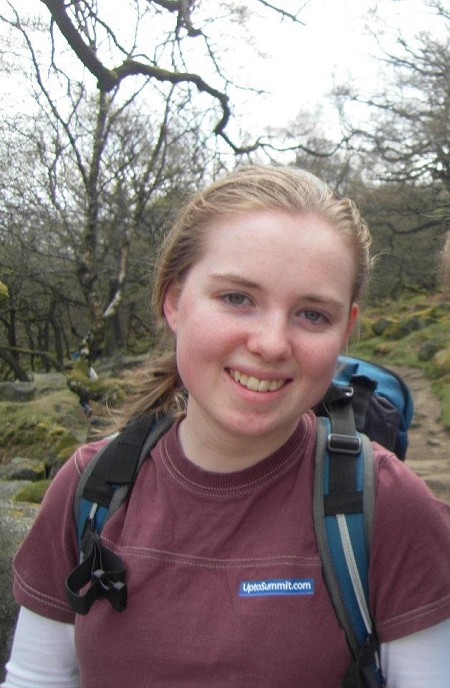
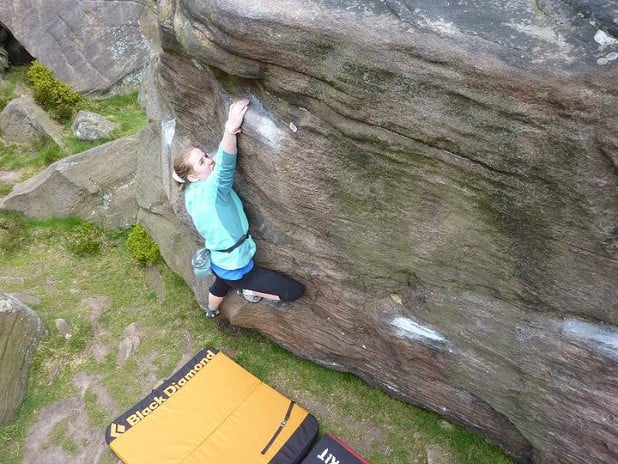
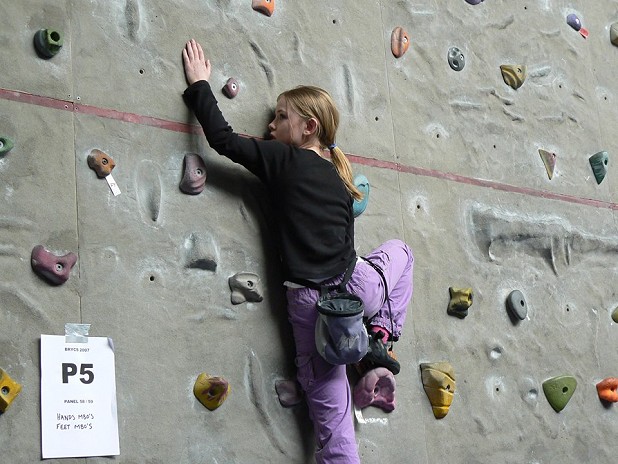
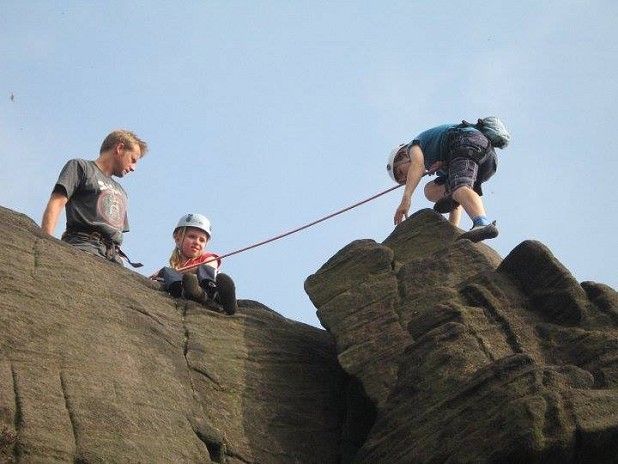
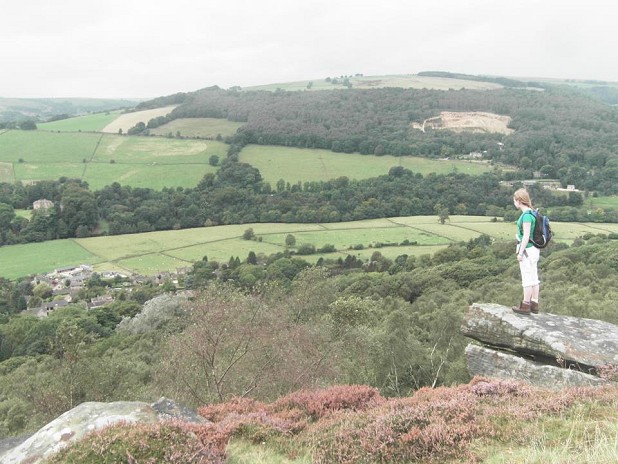


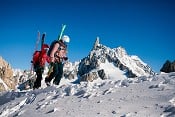










Comments